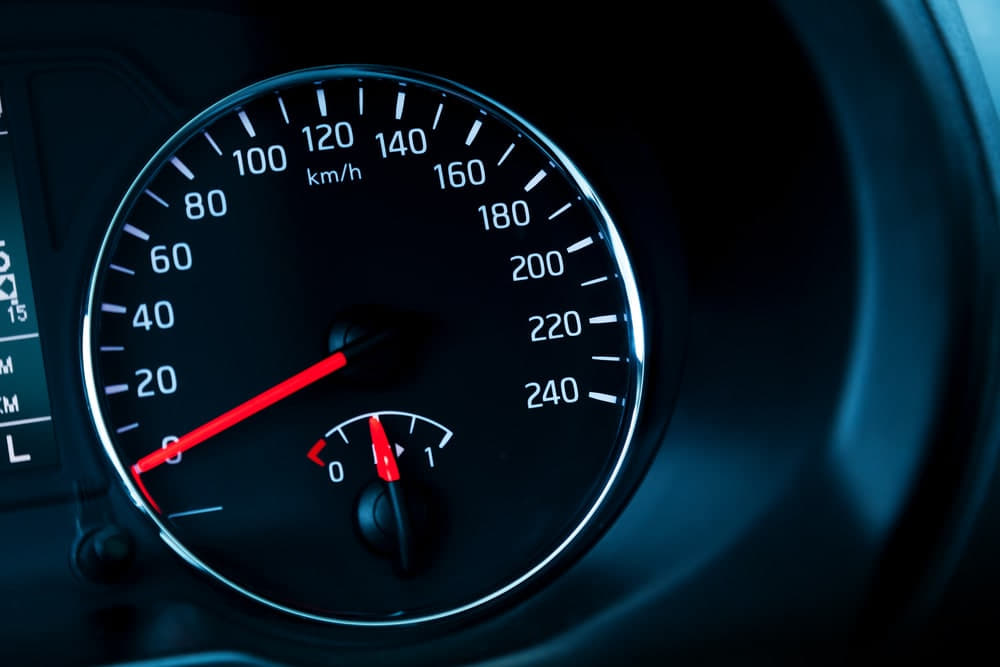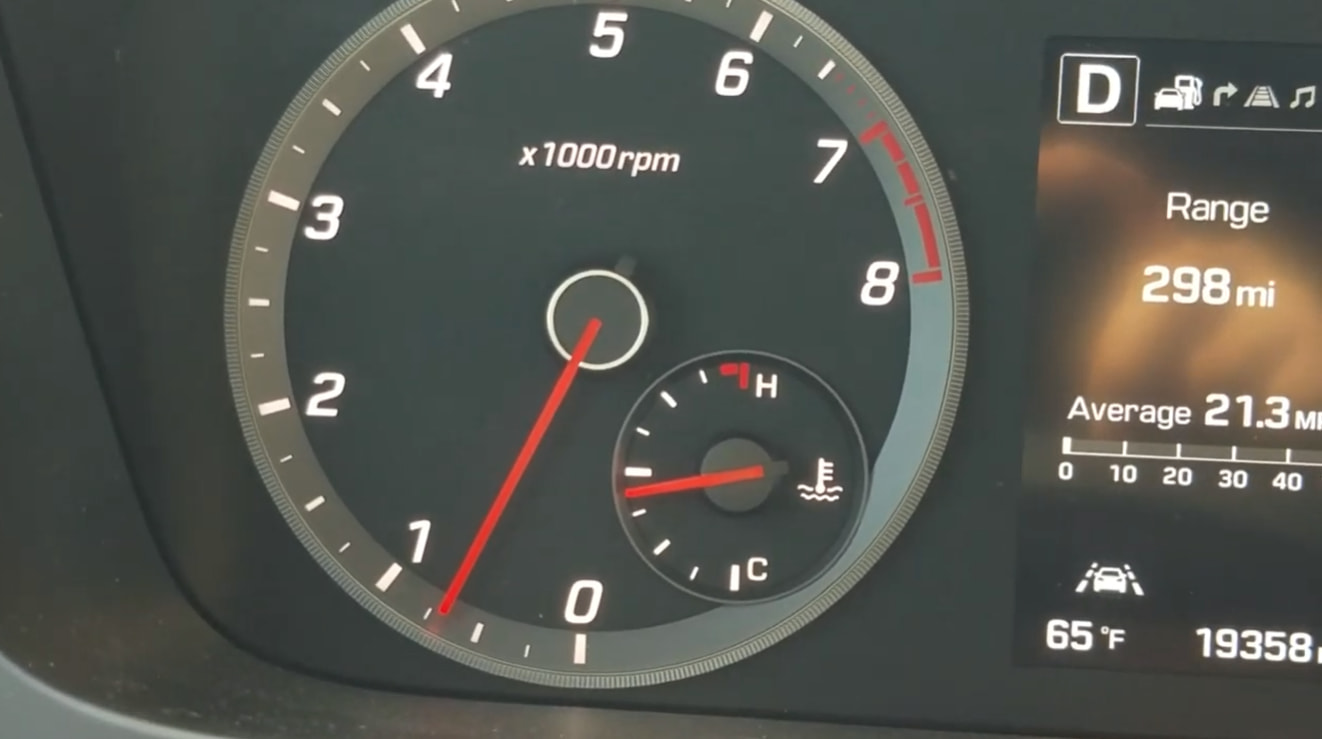Do you notice the RPM drops to zero while driving Hyundai vehicles?
If so, you are not alone. There are some people who experience this issue, and it is not unusual, especially due to certain reasons.
For instance, either the engine does not have ample power or the fuel is not enough.
There are also a few more causes to this problem, which we discuss in full detail in this post. So, go ahead and learn more about this issue and what can be done about it.
Common Reasons Why RPM Drops To Zero While Driving Hyundai

Let’s discuss these causes of RPM dropping to zero while you drive your Hyundai vehicle.
1. Clogged Fuel Filter
This is one of the typical culprits when it comes to the RPM falling down to zero as you drive. The fuel filter is responsible for screening the gasoline and preventing impurities from getting in it. However, when the fuel filter is clogged up, there’s nothing to screen all the debris out. As a result, the engine reduces its power and impairs the functionality and performance of your car.
2. Poor Compression
The cylinder compression must perform well to supply the required power to your vehicle throughout combustion. However, when there is low compression, the engine’s power is also minimized. Thus, the engine fails to function well, so you will need to check the cylinder compression to make sure it is working right.
3. Clogged Exhaust Pipe
Your vehicle’s exhaust system comes with two filters – the catalytic converter and muffler. The former helps to reduce the level of pollution from your exhaust gasses while the latter reduces the noise level your vehicle makes as it runs.
However, when the pipe is clogged, this reduces the engine’s power and causes the vehicle to drive slowly even as you try to accelerate.
4. Poor Air Filter
Next up when it comes to RPM dropping to zero as you accelerate on your Hyundai is a poor air filter. Even before air can penetrate the combustion chamber that mixes air and gasoline to obtain the power to run the vehicle, there’s a filter that prevents debris from getting into it.
However, with the filter all clogged up, this leads to a reduction of air entering the internal combustion chamber. Hence, the vehicle won’t be able to accelerate as the engine has a reduced power supply. You will have to replace the air filter to solve this issue.
5. Malfunction in the MAF Sensor
Another cause you may want to take a look at is any malfunctioning to the MAF or the mass air flow sensor. This is responsible for measuring how much air gets into the engine, and the figures are then reported to your vehicle’s Powertrain Control Module. Then, the module calculates the load on the engine by using the information provided.
With some errors to the sensors, this also diminishes the engine’s performance over time.
6. Malfunctioning Of the camshaft position sensor
Next up, you will have to inspect the camshaft position sensor that may be causing the problem with the RPM dropping to zero. This component gathers information about the vehicle’s camshaft speed and sends it to the ECM or Electronic Control Module.
When there is a malfunction to the sensor, this leads to an inability to send information to the car’s ECM. Hence, this affects the performance and function of your Hyundai vehicle.
7. Fuel Injector Issues
These components are important because they spray fuel in the internal portions of the engine. This way, your vehicle can perform well. However, if there are damages to the fuel injector, then this limits the power that your engine can produce.
8. Issues with the oxygen sensor
As exhaust gasses depart from the engine, the oxygen sensor measures how much gas is released. This is the job of the sensor, which also allows for the proper engine timing while allowing the fuel injection system to work well.
If the sensor is malfunctioning, the information about the ratio of air-to-fuel will not be accurate. As a result, the engine will perform less efficiently while causing an increase in air pollution.
Read More: Hyundai Both Headlights Went Out
Other Issues And What You Can Do

There are a few other reasons why RPM drops to zero while driving Hyundai. These include poor fuel pump function, bad spark plugs, and issues with the ignition coil. All of these affect the drop in RPM as you drive due to inefficiency of the engine.
Hence, make it a point to have your vehicle checked by an expert to alleviate these symptoms and prolong the lifespan of your vehicle over time.